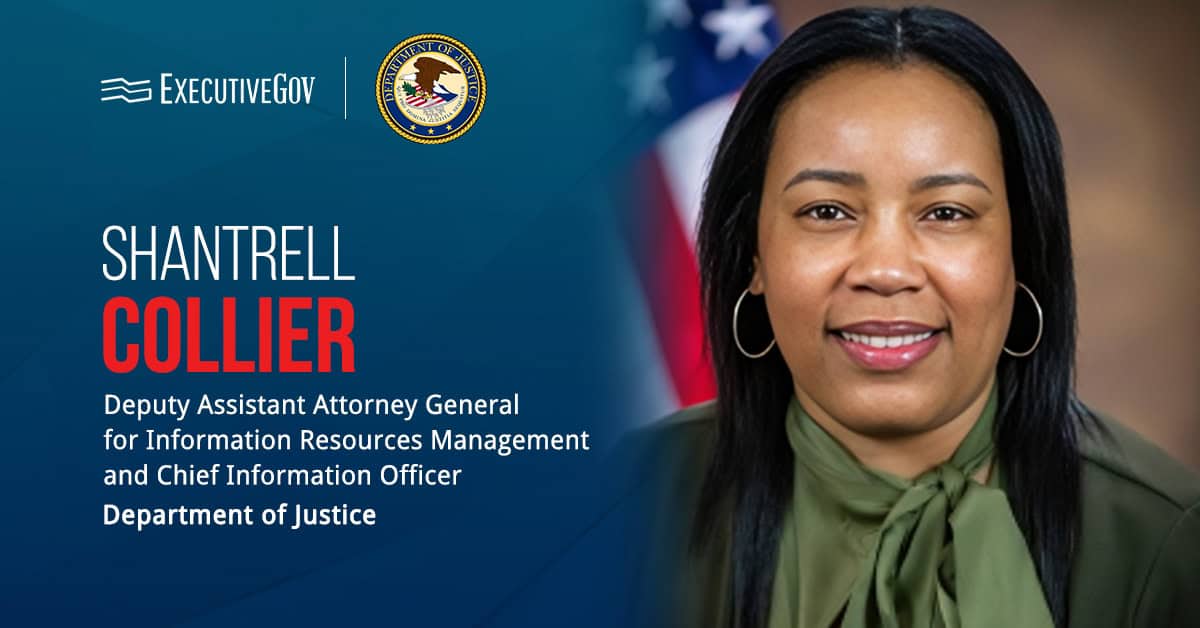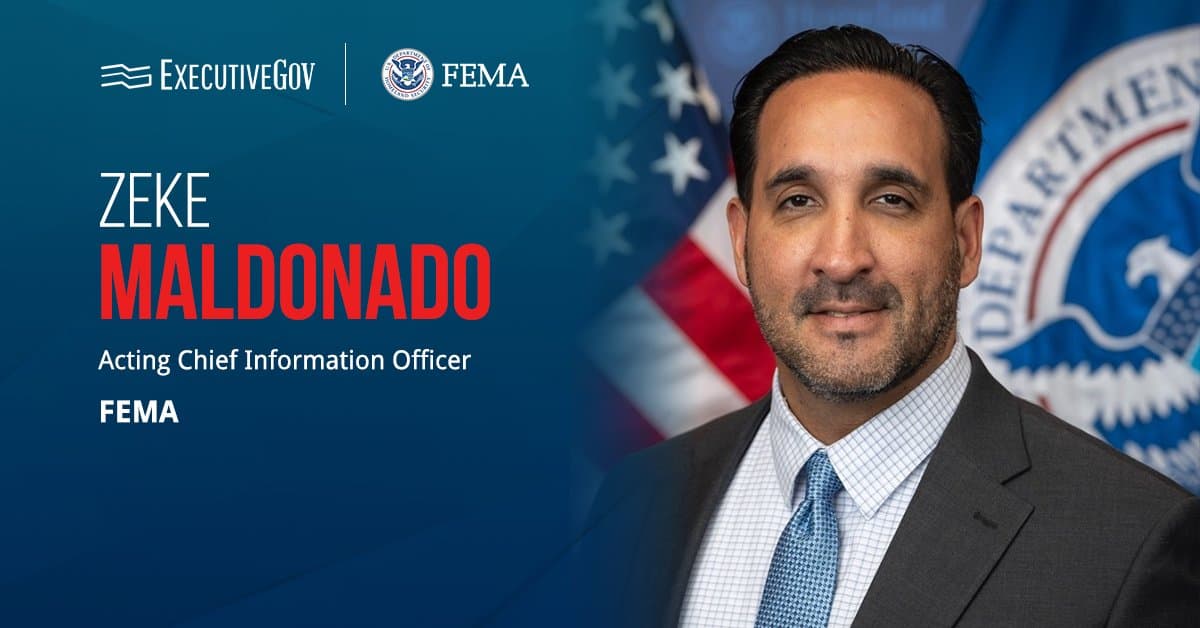
A U.S. Army-owned system demonstrated the use of U.S. Air Force F-35 aircraft as sensors for air and missile defense in multi-domain operations.
Two F-35 units provided a situational awareness boost to the Integrated Air and Missile Defense Battle Command System against multiple flying targets during a test in White Sands Missile Range, Lockheed Martin said Tuesday.
The company provided equipment, such as an IBCS adaptation kit, in support of the experiment.
“This test validated the F-35’s capability to serve as an airborne sensor and extend the range of critical Integrated Air and Missile Defense interceptors,” said Greg Ulmer, a Lockheed Martin vice president who also serves as the F-35 program’s general manager.





